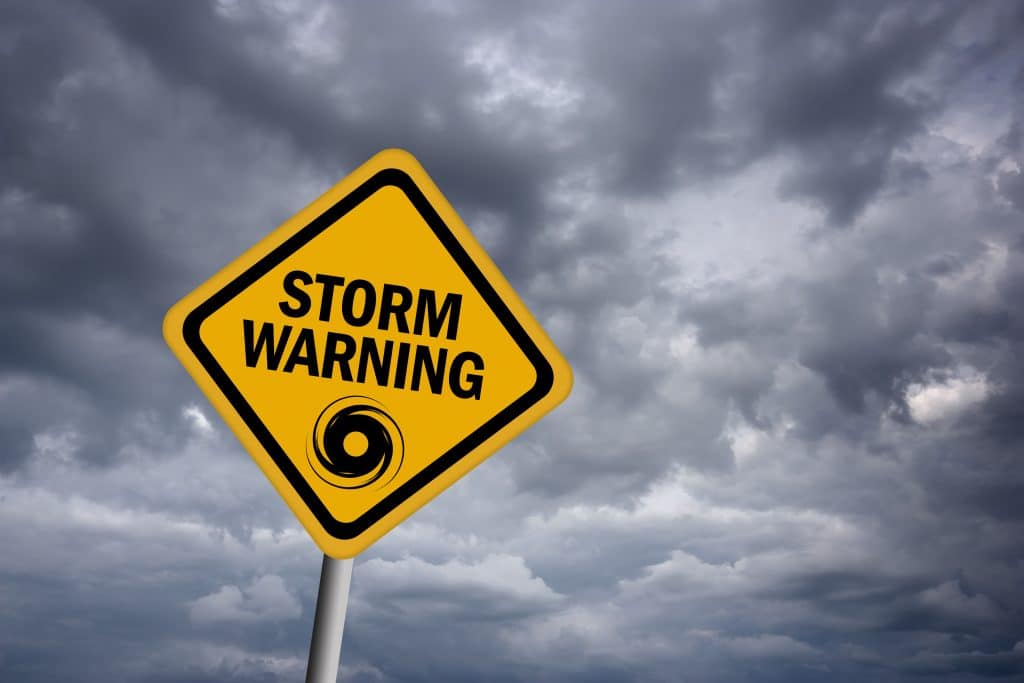With hurricane season in full swing, there are many ways to help keep your family, home, and business safe. Hurricanes produce widespread heavy rainfall and a significant threat of flooding rain. EDiS Company Director of Safety and Health Jim Ruggiero reviews how you can be proactive to stay ahead of the storm.
General Safety:
- Check gutters and make sure they are capable of draining away from the home.
- If a storm drain is located close to your home or business, make sure it is cleared of debris.
- Move or secure all grills, patio furniture, and toys to prevent from being thrown by the wind.
- Review roof areas to make sure drains are clear and materials are secured or removed.
- Do not park under or around a tree. (if this option is available to you)
- Keep in communication with neighbors. (especially ones that may need assistance)
- If you have a sump pump, test for operation and back up battery is working.
- Keep your home and business well ventilated.
- Ensure that carbon monoxide detectors and smoke alarms are operational.
- Gather flashlights and extra batteries in the event the power goes out.
- Secure enough water, dried goods, energy bars, and canned goods that do not need heating for each person to eat.
- Have a battery or crank-operated radio to listen to weather updates and notifications.
- Never use a generator, grill, camp stove, or other gasoline, propane, natural gas, or charcoal-burning devices inside a home, garage, basement, crawlspace, or any partially enclosed area. Locate unit away from doors, windows, and vents that could allow carbon monoxide to come indoors. Lit candles will increase the likelihood of fires.
- Charge your cell phone.
Car Safety:
- Do not attempt to drive through standing water.
- Have a full tank of gas.
- Make sure windshield wipers are in good condition.
- Have a first aid kit.
- Acquire an LED safety light if possible.
- Have bottled water stored in your trunk.
- Charge your cell phone.
Downed Power Lines:
- Report downed power lines to your energy service immediately.
- Do not go outside to investigate. Electricity can spread outward through the ground in a circular shape from the point of contact. As you move away from the center, large differences in voltages can be created.
- Follow safety precautions from your energy service provider.
- Never drive over downed power lines.
“The well-being of our team, contractors, and members of the public is a priority, so we strive to be injury free every day. People are counting on us to come home at the end of each day… that is all the reason we need to put safety first.” – Director of Safety & Health Jim Ruggiero




